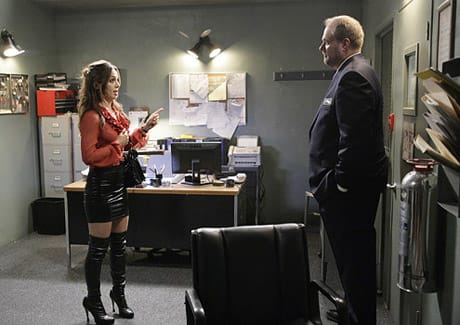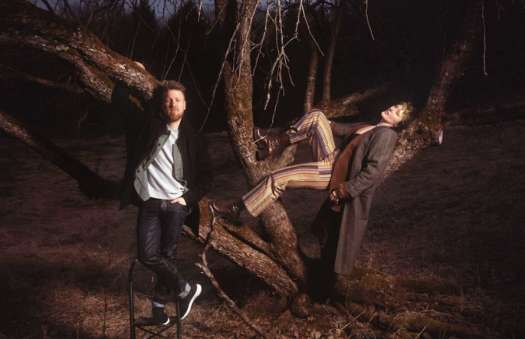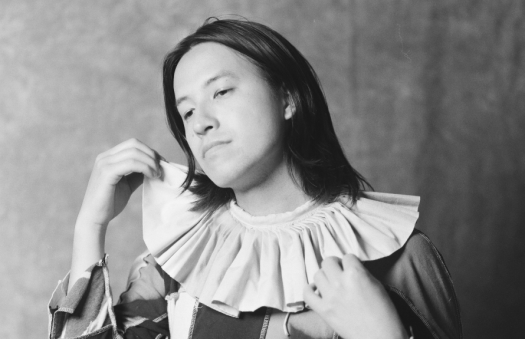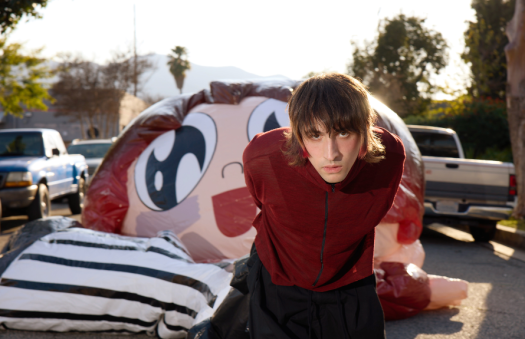It would have been easy to imagine that Eliza Dushku's Echo had explored her last personality and had been imprinted with her final skill set when Dollhouse ended its 12-episode run this past spring. After all, network executives were presumably preparing to tell creator Joss Whedon: "we gave it every chance and it just didn't catch on with audiences." But Dollhouse, which explores a world in which humans are rented out essentially as fantasy avatars for rich, eccentric clients, turned out to be a survivor. And the evidence why is on this first season DVD set, in the form of an unaired "bonus" episode, starring nerdy it-girl Felicia Day. Dollhouse was a storied production from the start. Everyone loves the idea of being in the Whedon business, after all, the creator of Buffy, Angel, Firefly and Dr. Horrible's Sing-Along Blog has a loyal following that's the envy of any creative type. But the Whedon business is not for the faint of heart; Dollhouse is a challenging sell to a mainstream audience. Dushku plays "Echo," one of the avatars that imprinted with a new personality and skills as required — she's a hostage negotiator one week, a fearless extreme adventure girlfriend the next —and as a result, it's hard to find an "Echo" to root for in the early going. But after half-a-season of one-off "missions," most of which feature a glitch in the imprinting process, Whedon finally hit his stride, allowing the show to become what it always was in his mind: an exploration of the fluidity of identity, a meditation on the consequences of tinkering with "who we are" and an indictment of a society that allows its richest members to buy others' hearts and minds, via technology or not. By the end of the season, Dollhouse found its legs and many fans assumed that would be it, confining it to the stack of promising projects that no one supported, a pile that has no shortage of Whedon-generated content. The challenges of getting here are uncharacteristically well-documented on the DVD. Even on a tour of the set, Whedon reveals how the show differs from his original vision and the complications of re-jigging. His original pilot, which was scrapped for parts and re-shot, is included as well, and it's terrific and inappropriate (as an introduction to a new series) simultaneously. Even perfunctory DVD extras in which clips are shown and actors talk about how terrific it is working with everyone have bite — on Whedon shows, people seem free to think critically and express themselves, which is shocking primarily for its rarity. But it's one special extra that both convinced network suits to bring the show back and takes Dollhouse from TV collection to essential viewing, and that's "Epitaph One," an unaired final episode that takes the show years into an apocalyptic future where gangs of un-imprinted humans flee from the anarchy that rampant imprinting and personality theft has wreaked on the populace. Felicia Day (Dr. Horrible, The Guild) stars in this combination of "what if?" and "WTF?"; it serves as a neat bonus, a foreshadowing preview and an answer to critics that Dollhouse seemed like nothing but a glossy, high-end prostitution ring, an idealized, safe male fantasy. "Epitaph One" proves that Whedon is fully aware of the dark side lurking below his vision, while network executives are fully aware that "Epitaph One" was shot on DV at half the cost of an average ep, thus welcoming season two into their schedules. Plus: episode commentaries, deleted scenes, more.
(Fox)Dollhouse Season 1

BY James KeastPublished Aug 21, 2009



